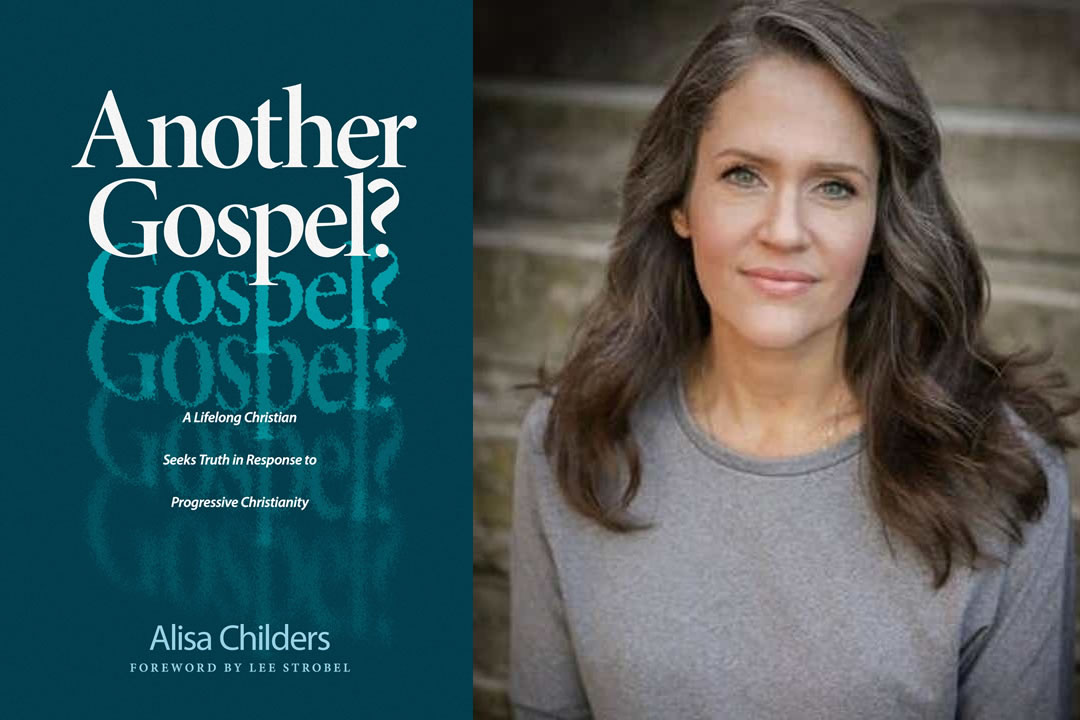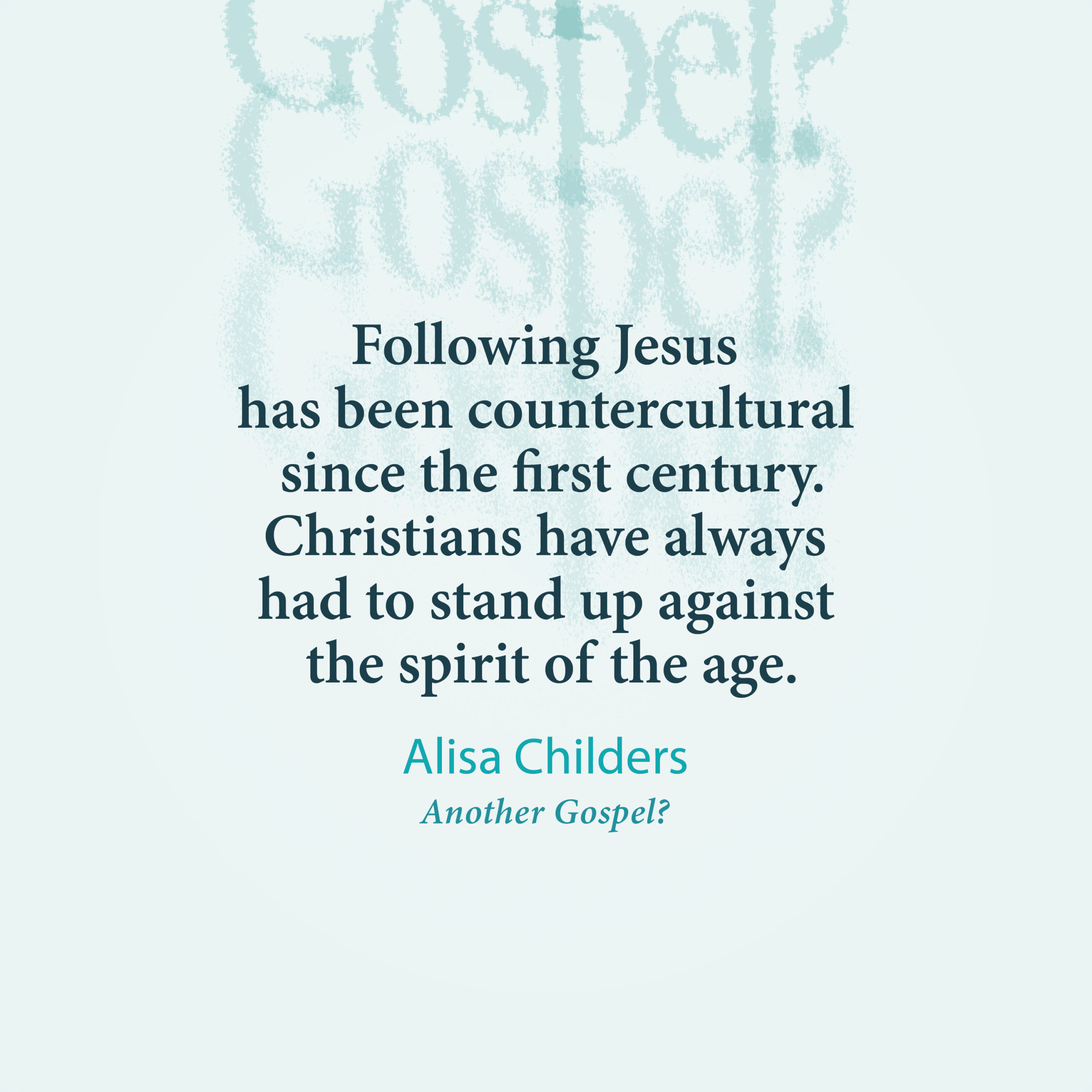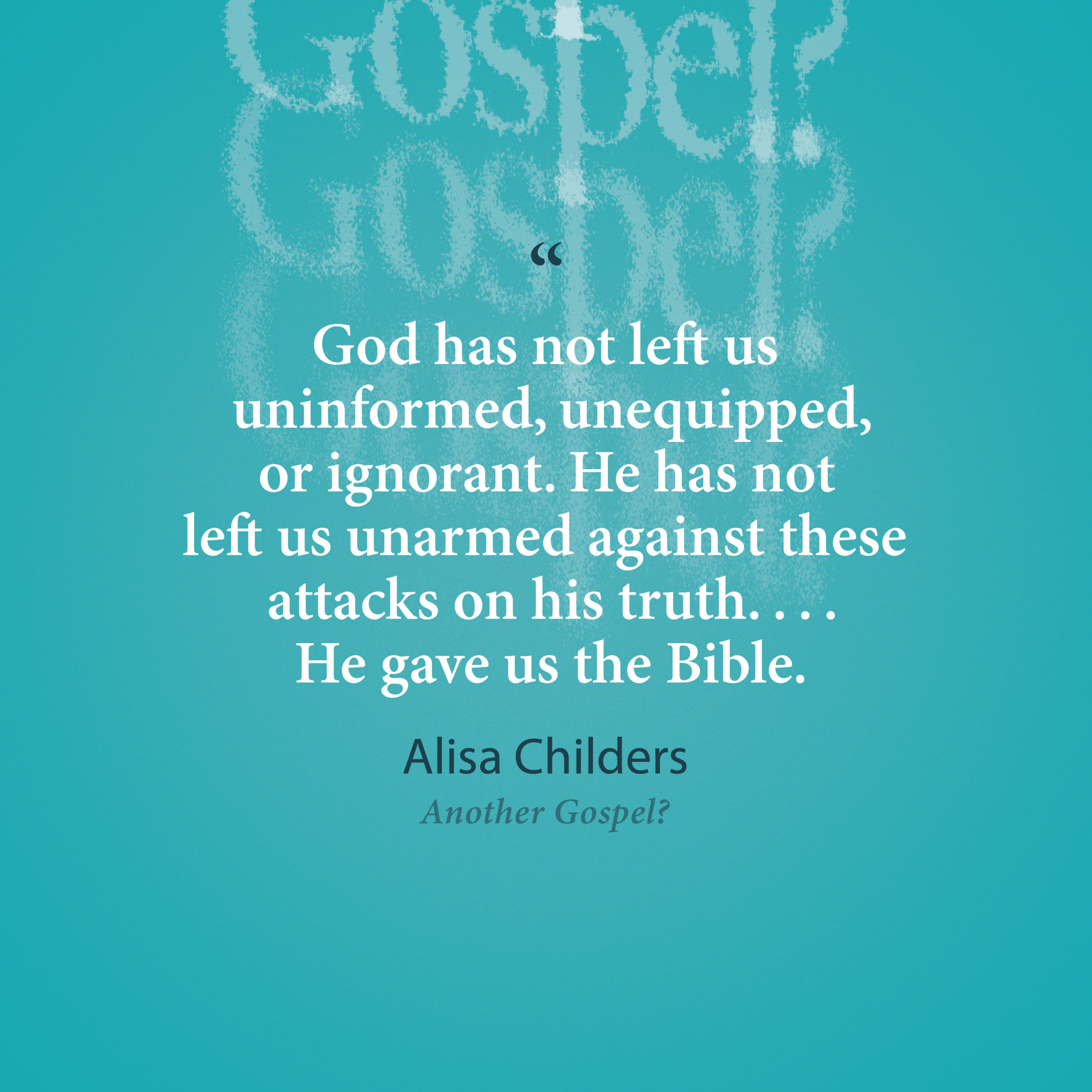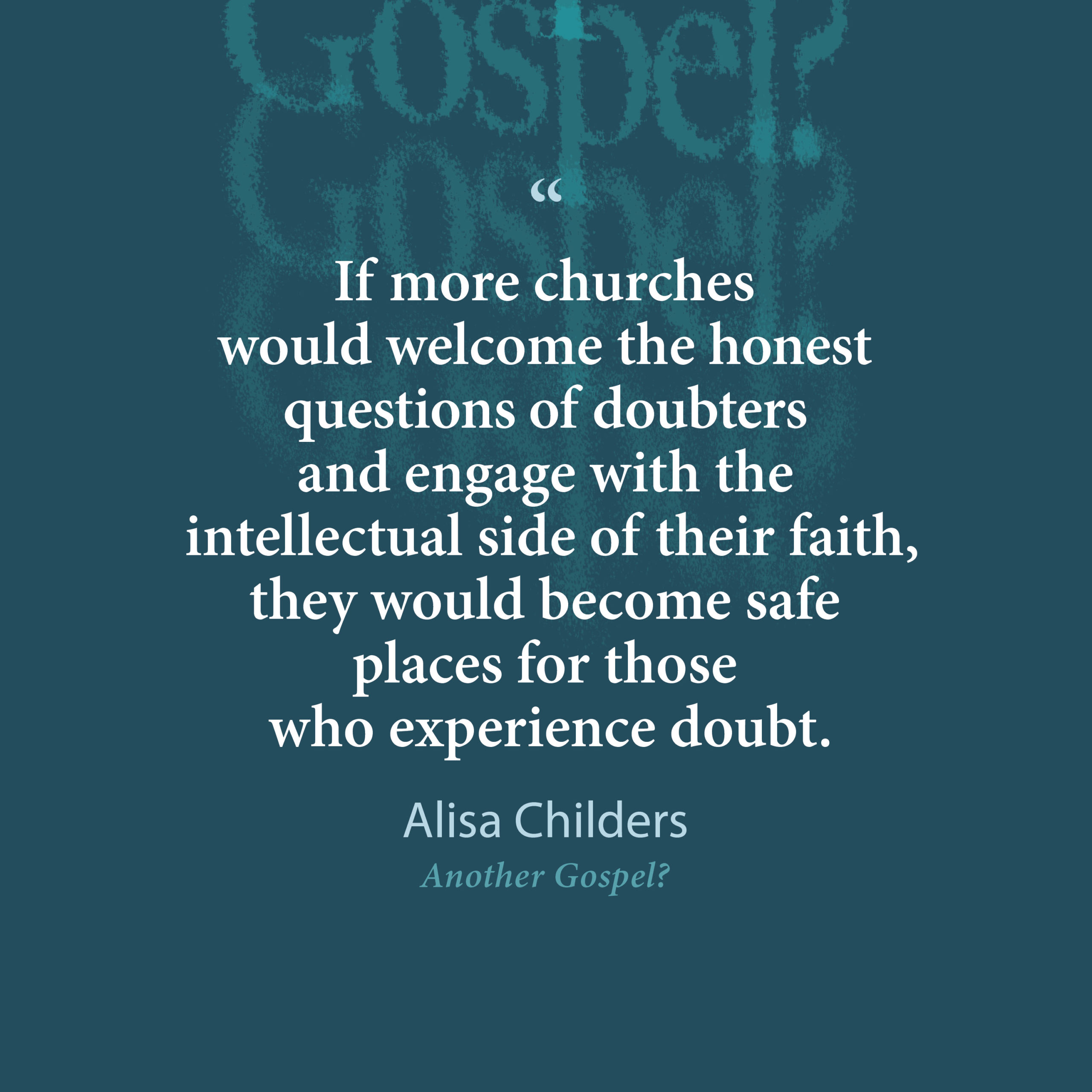I recently read Alisa Childers’ new book, Another Gospel?: A Lifelong Christian Seeks Truth in Response to Progressive Christianity. The book was recommended to me by several people and sold to me as a good introduction to the worrying trend of “Progressive Christianity”. Overall, I’d say Childers accomplishes that goal well. Childers’ book provides a helpful stepping stone in understanding the growing divide between those who hold to a historic, evangelical, biblically-based faith, and those who seek to express Christianity in some “new” and “progressive” way. She also uses a lot of auto-biographical stories, which helps bring the issues alive in a personal and unique way.
I do want to suggest, though, that some nuances are needed when assessing “Progressive Christianity”. The movement is not easy to define, as it has no unified belief structure. Its name is an umbrella term. It has often been associated with other terms, such as “emergent”, “post-evangelical”, or “post-liberal” Christianity. It has been seen as a meeting of the minds between those who have come out of liberal and evangelical traditions.
Also, the terms “progressive” and “conservative” always exist on a continuum, and one can be more “conservative” (or even “fundamentalist”) on one issue, but more “progressive” or “liberal” on another.
It is also worth noting that, on occasion, the “progressive” belief at the time ends up being the best biblical position. The most famous example of this is, of course, the issue of slavery. While it is clear that scripture is ultimately anti-slavery, too many Christians at the time of abolition still felt slavery was okay. But it was “progressive” evangelicals, willing to follow where scripture led, who ultimately did away with the scourge which is slavery. We have to be careful not to write off people just because they may call themselves “progressive”, especially if they just mean they are “progressive” on some particular issue.
Having said all that, in her book Childers sheds light on some particular tracks and trends associated with the movement often called “Progressive Christianity”, which I agree can lead Christians down some unhelpful and dangerous paths.
One major problem within “Progressive Christianity” is that there is often a lowered view of the Bible. The Bible’s humanity and human authors will be emphasised over its divine inspiration and authority (if those attributes are acknowledged at all). Now it is true that the Bible is at one level a human book, but it is also the one book through which Christians believe God speaks directly to the Church. If someone, instead of wrestling with the text, just chooses to say, “well, I disagree with Paul here”, you might be dealing with an erosive and damaging form of progressive theology.
Why is this approach to scripture harmful? Because scripture is a key vehicle of God’s revelation to humanity, and we need to take it seriously. It stands above subjective human opinions. God has chosen to speak to the Church through the Bible, and we cannot forget that if we want to remain true to the Gospel message. If someone feels the Bible is just one of many “inspiring” books, and one can just pick and choose what to believe from it, then any discussions about what it says to us will just bring confusion and pain, rather than clarity and light.
Which leads to the second problem with “Progressive Christianity”: an emphasis of feelings over facts. Feelings are important, and so are experiences. But feelings and experiences should not be used to overrule the scriptures.
Dialogue can only go so far if it is only based on how individuals “feel”. Of course, greater empathy, understanding, and awareness of past hurts and wrongs can all be addressed by exploring our feelings and experiences together. But knowledge of how God wants us to act or believe on an issue ultimately must be derived from Christ and the scriptures.
A third problem with “Progressive Christianity” is the emphasis on social justice in the here and now rather than redemption from sin through the life, death, and resurrection of Jesus. Social justice is very important, and there are great environmental, racial, and economic injustices in our society that Christians need to be addressing. But an emphasis on social justice should never replace Gospel proclamation and Christian discipleship. Any good Kiwi can bring social justice, but only a Christian can bring a message of eternal life through the Gospel.
In conclusion, Childers’ book is a very helpful introduction from an evangelical perspective to some serious flaws in “Progressive Christianity”. It could have used a little more nuance, but overall, the book is a welcomed resource.












0 Comments